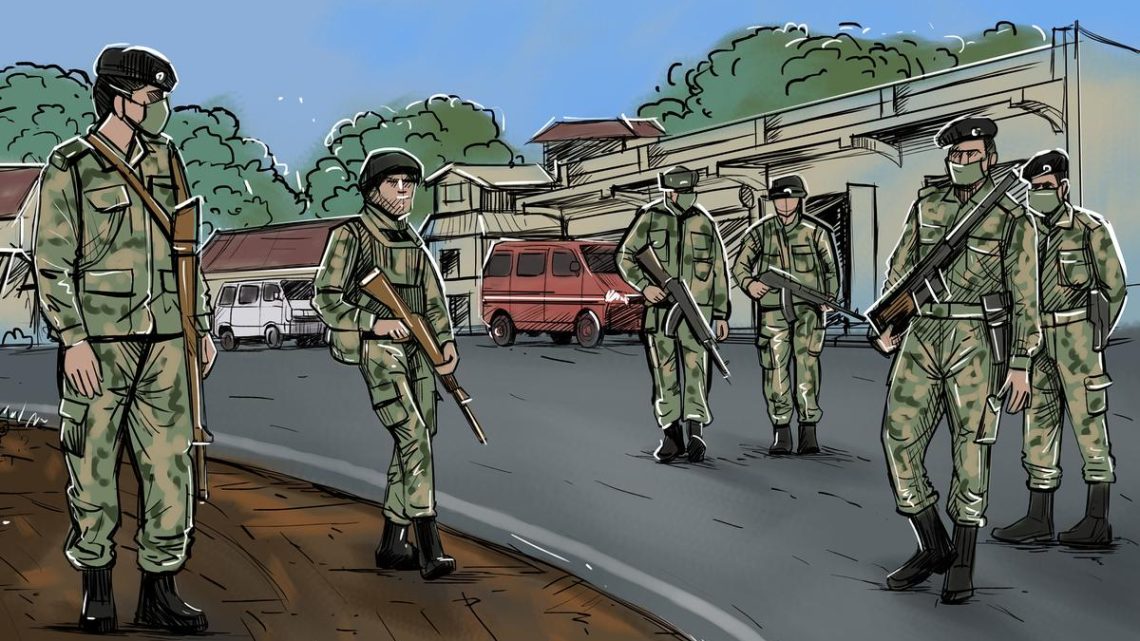
Extension of black law AFSPA in Nagaland and Arunachal Pradesh by Modi Government
March 29, 2024The Indian government, under Narendra Modi, has extended the controversial Armed Forces Special Powers Act (AFSPA) in the states of Nagaland and Arunachal Pradesh for another six months, effective from April 1st.
A notification from the Indian Ministry of Home Affairs revealed that the AFSPA extension applies to eight districts in Nagaland – Dimapur, Niuland, Chumoukedima, Mon, Kiphire, Noklak, Phek, and Peren – as well as 21 police station areas in five other districts. Additionally, the AFSPA has been extended in Tirap, Changlang, and Longding districts in Arunachal Pradesh, along with specific areas under the jurisdiction of Namsai, Mahadevpur, and Chowkham police stations in Namsai district, which borders Assam.
The AFSPA grants extensive powers to the Indian Army, paramilitary forces, and other armed personnel, allowing them to conduct operations including arrest, search, and even use lethal force without a warrant. Furthermore, it offers immunity from prosecution and legal proceedings without the sanction of the Indian government.
Critics of the AFSPA argue that it represents a draconian measure that infringes upon human rights and undermines democratic principles. Many political parties, non-governmental organizations (NGOs), and civil society groups in the northeastern region have long been advocating for the complete repeal of the AFSPA. Their demands have gained momentum, particularly following a tragic incident in December 2021, where Indian forces allegedly killed 14 individuals and injured 30 others in Nagaland’s Mon district.
The extension of the AFSPA has sparked renewed debate and outrage among activists and residents of the affected regions. They argue that such laws perpetuate a cycle of violence, alienation, and mistrust between the local population and security forces. Instead of fostering stability and security, the AFSPA is seen as exacerbating tensions and human rights violations.
While the government maintains that the AFSPA is necessary to combat insurgency and maintain law and order in conflict-affected areas, opponents contend that it only serves to perpetuate a climate of fear and impunity. They stress the need for alternative approaches that prioritize dialogue, reconciliation, and respect for human rights.
As the debate over the AFSPA continues, there is a pressing need for meaningful engagement between the government, security forces, and civil society stakeholders to address the underlying grievances and work towards a sustainable resolution. Only through genuine dialogue and concerted efforts to uphold human rights can a lasting peace be achieved in the region.

